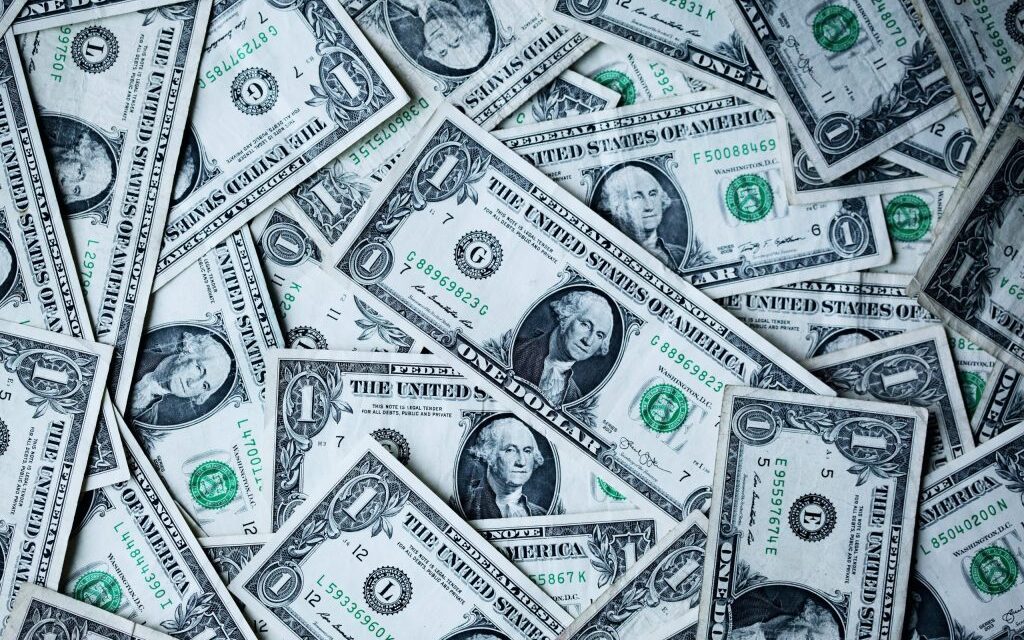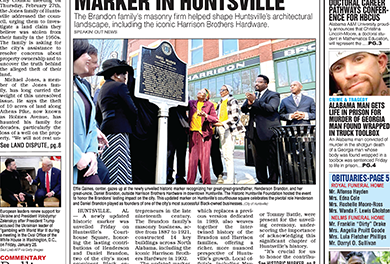By Ryan Coleman
Baltimore County NAACP President

Legislators should listen to the people who say “Read my lips; no new taxes.”
The poor and the plummeting middle class are financially burdened enough because of the lackluster economy without having additional taxes that lower their standard of living.
According to a report by the U.S. Bureau of Labor Statistics, inflation reached the highest levels since 1981 in 2022— putting everyday necessities like food, fuel and rent out of reach for many. And like most economic downturns, including the Great Recession and the pandemic, Black communities are disproportionately impacted. This means that Black households are now spending more of their post-tax income on necessities like food and energy, according to a new Bank of America report cited by Business Insider.

Baltimore County residents’ purchasing power is down, because it is costing consumers more money to buy the same products they bought a year ago. Black residents have to fight to get quality stores, high quality education, and good customer service. On top of this we have to deal with the following taxes/ fee increases:
1. Maryland’s tax on gasoline increased from 42.7 cents to 47 cents per gallon. The tax on diesel increased from 43.5 cents to 47.5 cents per gallon. The Transportation Infrastructure Act of 2013 indexed the state’s tax on diesel fuel and gasoline to the consumer price index. Prior to this, the tax was static and could be altered only through legislation.
2. The Baltimore County Plastic Bag law requires retailers to charge five cents for paper bags. Whether we call it a tax or fee, it simply removes money from the working class and middle class pockets.
3. The Public Service Commision approved BGE’s rate hike. The approved rates will result in average year-one bill increases of $4.08 a month for residential electric customers and $10.43 per month for residential gas customers in 2024. In 2025 and 2026 your BGE rates will increase to 68 cents a month for electric and $5.60 a month for gas.
Analysts project the state will have to deal with a structural gap of $322 million in the coming legislative session. Projections show the gap continuing to grow in fiscal 2026 and 2027 to $376 million and $436 million respectively. By fiscal 2028, the gap would grow to nearly $1.8 billion followed by a nearly $2.1 billion deficit the following year. Lawmakers have three options to deal with the projected gaps between expected spending and projected revenues.
The first is to reduce spending to sustainable levels. The second is to spend down the state’s so-called rainy-day fund. The final option would be to increase revenues through taxes and fees. The poor and middle class can’t stomach any new fees or taxes.
Today, I write to the powers that be:
Dear Gov. Moore and State Legislators in Annapolis,
Please, do not raise taxes or fees on the working poor and middle class.
These fees and taxes lower the quality of life of all Marylanders– especially Black residents. At some point local and state legislators’ actions must mirror their desire to help the working class and middle class. At some point, legislators must hold the line on fees and taxes. This will allow all residents a high quality of life, especially Black Marylanders.
Ryan Coleman can be reached at randallstownnaacp@gmail.com
The post Baltimore County residents do not want any new taxes or fees appeared first on AFRO American Newspapers.











